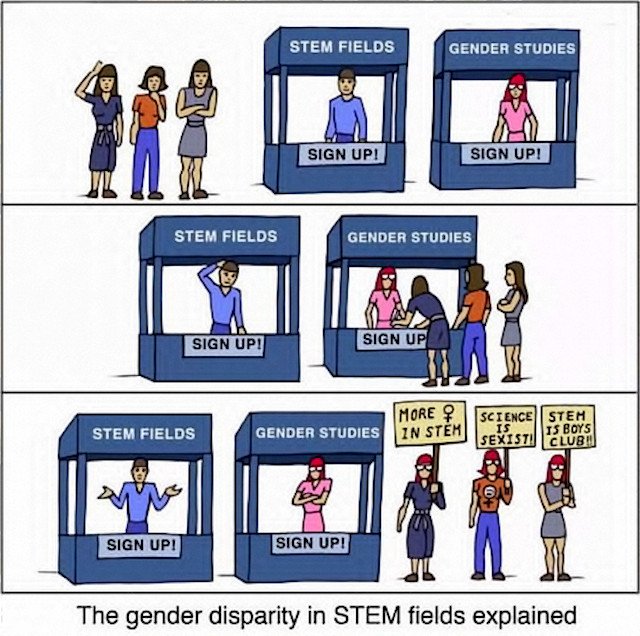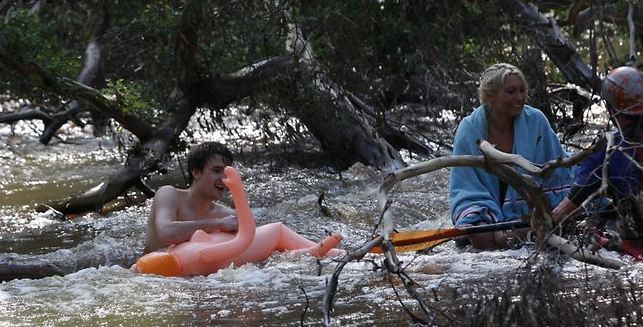Anyone interested in education should read this article, ‘The Shadow Scholar,’ in the Chronicle of Higher Education.
‘Ed Dante’ makes a living writing essays for school and university students.
A teenager asked me a couple of week ago whether school and university qualifications were of benefit in finding work in the IT industry.
I said no. School and university qualifications are not generally regarded as providing objective evidence of actually knowing anything, or being able to do anything.
Partly this is because school results, and to a lesser but still significant extent, university results, are an indication, not of skills, knowledge, or ability, but of how much of an effort the teacher thinks has been made, given the student’s struggles, limitations and background.
In other words, a poor student from a home background of drunkeness and violence is likely to be given grades equal to those of a very good student who does not face those difficulties.
This may be kind and motherly and caring, but it is of no help to employers, nor, in the end, to the student.
It also helps if you agree with the teachers’/lecturers’ perspectives and generally suck up to them by pretending to be interested in what they say.
Industry qualifications have no such issues. No one cares if your mother was a heroin addict, or if you have dyslexia or ADHD, or if you think the lecturer is a really cool guy. You do the study, you go to an exam centre, you prove who you are, you take an exam with a high fail rate (up to 90%) in a secure environment with cameras or real people watching you, and you pass or fail.
There is no lily-livered nonsense about some people not coping with exams. If they can’t cope with exams they are not going to cope with the pressures and stress of a real-world job.
And the result is that employers have confidence in the qualifications that are awarded. They show that a person really does know what he or she says she knows, and can do the work he or she says he can.
Some cheating occurs, of course. You can probably slip the manager of a testing centre in Pakistan $1000 to let someone else take the test for you.
But nothing compared with the wholesale rorting of ‘continuous assessment’ at schools and universities.
A couple of quotes from the article:
You would be amazed by the incompetence of your students’ writing. I have seen the word “desperate” misspelled every way you can imagine. And these students truly are desperate. They couldn’t write a convincing grocery list, yet they are in graduate school. They really need help. They need help learning and, separately, they need help passing their courses. But they aren’t getting it.
For those of you who have ever mentored a student through the writing of a dissertation, served on a thesis-review committee, or guided a graduate student through a formal research process, I have a question: Do you ever wonder how a student who struggles to formulate complete sentences in conversation manages to produce marginally competent research? How does that student get by you?
I live well on the desperation, misery, and incompetence that your educational system has created …
… for the first two types of students—the ESL and the hopelessly deficient—colleges are utterly failing them. Students who come to American universities from other countries find that their efforts to learn a new language are confounded not only by cultural difficulties but also by the pressures of grading. The focus on evaluation rather than education means that those who haven’t mastered English must do so quickly or suffer the consequences. My service provides a particularly quick way to “master” English. And those who are hopelessly deficient—a euphemism, I admit—struggle with communication in general.
Two days had passed since I last heard from the business student. Overnight I had received 14 e-mails from her. She had additional instructions for the assignment, such as “but more again please make sure they are a good link betwee the leticture review and all the chapter and the benfet of my paper. finally do you think the level of this work? how match i can get it?” …
… it’s hard to determine which course of study is most infested with cheating. But I’d say education is the worst. I’ve written papers for students in elementary-education programs, special-education majors, and ESL-training courses. I’ve written lesson plans for aspiring high-school teachers, and I’ve synthesized reports from notes that customers have taken during classroom observations. I’ve written essays for those studying to become school administrators, and I’ve completed theses for those on course to become principals. In the enormous conspiracy that is student cheating, the frontline intelligence community is infiltrated by double agents.





